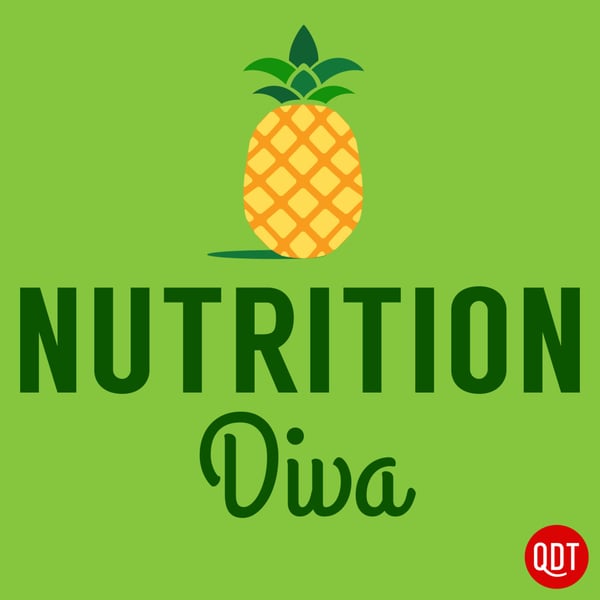Could fish oil actually increase your risk of cardiovascular events?
Nutrition Diva
Macmillan Holdings, LLC
4.3 • 1.7K Ratings
🗓️ 19 June 2024
⏱️ 8 minutes
🧾️ Download transcript
Summary
Transcript
Click on a timestamp to play from that location
| 0:00.0 | Hello and |
| 0:05.0 | I'm your host, Monica Reinagel, and today I want to share some perspective on a recent |
| 0:12.0 | on a recent study that caught a lot of people by surprise. |
| 0:17.0 | This study, which was published in the British Medical Journal, suggested that taking fish oil supplements might increase, that's right, increase your risk of having a stroke. |
| 0:28.0 | Not surprisingly, this has sparked a lot of discussions and raised questions about these super popular supplements. |
| 0:35.2 | So if you're wondering whether you should keep taking your fish oil supplements or if it's time |
| 0:39.4 | to reconsider, stay tuned. This study utilized data from the United Kingdom's BioBank Project |
| 0:47.6 | which followed over 400,000 participants aged 40 to 69 over the course of 15 years. |
| 0:55.0 | And much to everyone's surprise, |
| 0:58.0 | the analysis revealed that for people without heart disease, |
| 1:02.0 | taking a fish oil supplement was associated with a 13% increased |
| 1:06.7 | risk of developing atrial fibrillation and a 5% increased risk of stroke. |
| 1:14.0 | Among those who had heart disease, on the other hand, |
| 1:17.0 | regular use of fish oil supplements |
| 1:18.6 | appear to reduce the risk of adverse cardiovascular events |
| 1:21.8 | or death. |
| 1:23.0 | So while taking fish oil appeared to have some benefit for those already with heart disease, |
| 1:28.7 | healthy people seemed to be worse off when they took fish oil. But it's also important to point out here that the |
| 1:36.2 | overall risks of stroke or atrial fibrillation in this cohort were pretty low to begin with. |
| 1:41.6 | And this is when it's important to distinguish |
| 1:44.3 | between a relative risk and an absolute risk. Let me explain what I mean here. The |
| 1:50.9 | absolute risk of stroke in this study was 1%, meaning that only 1% of all the subjects |
... |
Please login to see the full transcript.
Disclaimer: The podcast and artwork embedded on this page are from Macmillan Holdings, LLC, and are the property of its owner and not affiliated with or endorsed by Tapesearch.
Generated transcripts are the property of Macmillan Holdings, LLC and are distributed freely under the Fair Use doctrine. Transcripts generated by Tapesearch are not guaranteed to be accurate.
Copyright © Tapesearch 2025.

